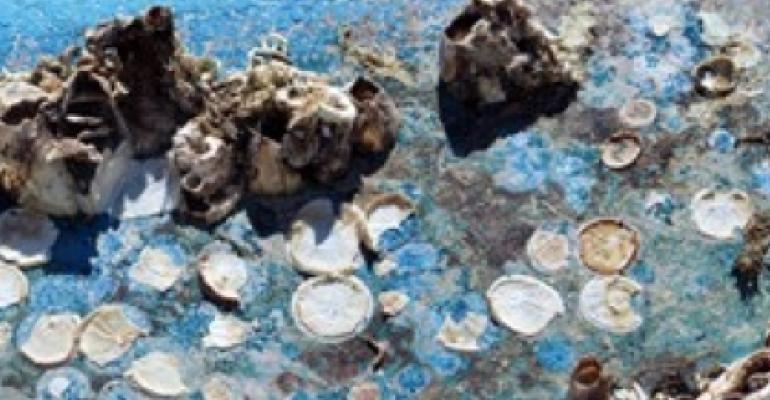The GloFoulings Partnership project in intended to drive actions to implement the IMO Guidelines for the control and management of ships’ biofouling, which complement the same body’s mandatory Ballast Water Management Convention, likewise designed to limit the spread of invasive organisms.
GloFouling Partnerships is a collaboration between the Global Environment Facility (GEF), the United Nations Development Programme (UNDP) and the IMO, and will address the build-up of aquatic organisms on a ship’s underwater hull and other marine mobile infrastructure.
Twelve countries, representing a mix of developing nations and Small Island Developing States, have been selected to spearhead the work of the GloFouling project: Brazil, Ecuador, Fiji, Indonesia, Jordan, Madagascar, Mauritius, Mexico, Peru, the Philippines, Sri Lanka and Tonga.
Read more: Foul play – DL Marigold and the perils of a dirty bottom
The GEF is providing seed funding of $6.9m to help countries develop the necessary governance and resources to combat biofouling, while the Intergovernmental Oceanographic Commission of UNESCO (IOC) and World Ocean Council (WOC) are also assisting with a view to develop best practice in the shipping and non-shipping (such as aquaculture and oil & gas) sectors.
IOC is additionally tasked to seek the participation of other industries, and WOC to engage and channel the participation of private sector companies.
“This joint effort to implement the IMO Biofouling Guidelines and best practices for other marine industries will help nations to deliver essential contributions to the 2030 Agenda for Sustainable Development Goals,” commented Hiroyuki Yamada, director of the Marine Environment Division at IMO.
Copyright © 2024. All rights reserved. Seatrade, a trading name of Informa Markets (UK) Limited. Add Seatrade Maritime News to your Google News feed.


